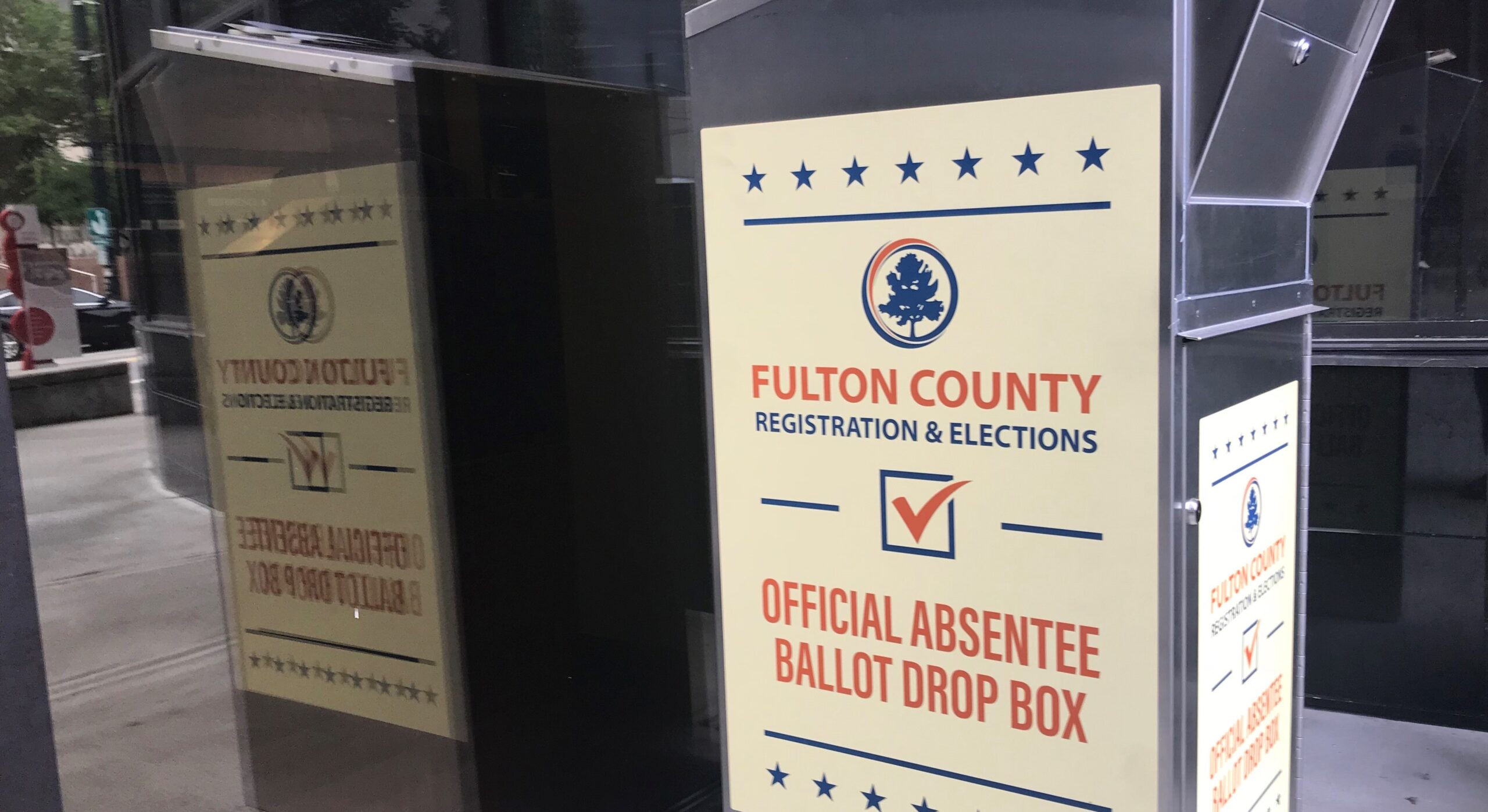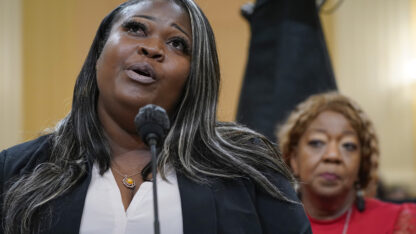Georgia’s presidential primary was supposed to happen on March 24.
But it didn’t.
Concerns over the coronavirus pushed it back first to May, and then to June 9, when it will happen alongside state and local races.
But something did take place that day in late March – Secretary of State Brad Raffensperger announced a decision to send absentee ballot applications to all of Georgia’s 6.9 million active voters, a call, he maintains, was the correct one.
“We made the right decision at the right time,” said Raffensperger. “We have to make sure people have the opportunities to vote. And looking at where we were with COVID-19 at that time, it was the right decision, and I feel comfortable with the decision.”
Georgians responded, submitting more than 1.6 million absentee ballot requests as of May 28.
But sending out those ballot applications wasn’t without controversy.
Georgia House Speaker David Ralston called it a “snap, systematic change” that wasted “millions of dollars.” He also expressed concern about fraud and abuse.
And then there’s President Donald Trump. So far, he hasn’t directly mentioned Georgia’s absentee voter push, but recently, he’s criticized vote-by-mail programs in Michigan and California. An absentee voter himself, Trump has claimed, without evidence, that voting by mail leads to widespread voter fraud.
Longtime Republican political strategist John Pudner says casting suspicion on vote-by-mail amid a global pandemic is not a good idea.
“The more you discourage your own people from making use of mail-in voting, the more you can drive your own turnout down,” said Pudner. “So, I just think If I were still a political consultant, I’d be very concerned.”
Georgia’s Republican Party made sure to alert its voters that they could cast ballots by mail amid the pandemic, and sent out its own reminders.
But a recent Pew Research Center survey found only tepid GOP support nationwide for absentee voting. Forty-nine percent of Republicans support the kind of no-excuse absentee voting that’s in place in Georgia – where anyone can vote by mail for any reason.
As for Democrats? The same survey found support for no-excuse absentee voting stood at 89%. When Raffensperger decided to send out those absentee ballot applications in March, he drew rare praise from Georgia Democrats.
But the acrimony between the two parties over mail-in voting would soon return when Raffensperger said he planned to assemble a group of investigators to look into possible absentee ballot fraud.
“The task force will be responsible for upholding the integrity of the vote in Georgia,” said Raffensperger as he introduced the Absentee Ballot Fraud Task Force in early April. “Whether at the ballot bot or the mailbox, America is founded on the principle that every citizen gets one vote.”
But Democrats say the fraud task force has a clear intention to appease President Trump and Speaker Ralston.
State Democratic Chairwoman Nikema Williams says promising to investigate every discrepancy will deter voters.
“There is no empirical evidence that voter fraud exists with an absentee ballot,” said Williams. “What we do know is we do have evidence of voter suppression, and that’s what lies like this continue to do, is to suppress the vote.”
Amid the pandemic, Democrats say Georgia should make it easier to vote from home by eliminating the need for return postage and relaxing the deadline to return ballots – so long as they’re postmarked by Election Day. But, so far, those efforts have failed and resulted in a lawsuit against the state.
When it comes to trust and vote-by-mail, the partisan gap appears to be wide.
But a close look at the million and a half absentee ballots requested so far in Georgia shows, by a very slim margin, more Republicans requesting an absentee ballot than Democrats.
WABE’s coverage of how we vote in Georgia is made possible thanks to a grant from the Solutions Journalism Network.











